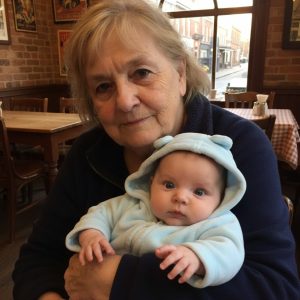I signed my house over to my granddaughter, Maya, not because I was dying, but because it was time. At eighteen, she was ready to stand on her own, and I wanted her to inherit stability, safety, and love. The house in Seattle wasn’t grand, but it was ours.
Maya had lived with me since she was five. My son, Thomas, and his wife, Sharon, had left for what they called a “temporary” job overseas—a few years that stretched into a decade of silence. Birthdays, school plays, graduations—they missed them all. Maya became my world.
Thirteen years later, Thomas and Sharon reappeared, luggage in hand, smiling like it was just a reunion. Over dinner, Thomas said, “Mom, you shouldn’t have given the house to Maya. It belongs to the family.” Sharon added, “You’ve had your time here.”
I met their eyes. “Thomas, you abandoned your family years ago. The house is Maya’s. Legally. Permanently.”
They tried to sway her, whispering promises of trips and gifts, claiming I had “brainwashed” her. Maya grew tense. At night, doubts crept in—but every time I saw their smug faces, my resolve returned. This wasn’t concern. It was greed.
A week later, in the attic, I found a yellowed postcard taped under an old trunk lid. It was a court notice from thirteen years ago: because Thomas and Sharon failed to appear at custody hearings or provide support, permanent custody of Maya had been granted to me. All parental rights terminated.
My son hadn’t just abandoned her emotionally—he had legally erased her from his life. Every time I told Maya they were busy, that they loved her, I had been shielding her from the truth.
The house wasn’t just hers now—it was hers by right, by love, and by justice.




